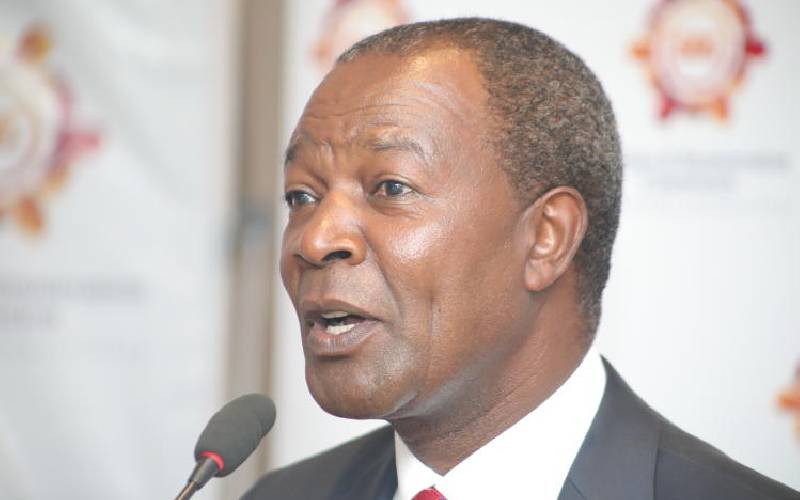×
The Standard e-Paper
Fearless, Trusted News

Civil society organisations have criticized the government's move to buy back Eurobond with another Eurobond at a higher interest rate of 10.7 per cent.
The organisations, under the banner Okoa Uchumi, called for critical evaluation of the government's decision to issue a new $1.5 billion Eurobond to buy back part of the $ 2.0 billion Eurobond payout due in June 2024.